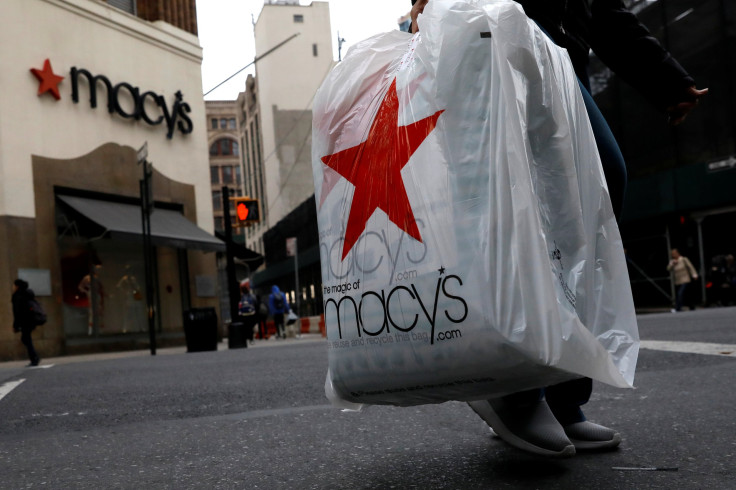Shopify's Latest Trick: An Order Fulfillment Network

E-commerce powerhouse Shopify (NYSE:SHOP) hosted its annual Unite developer and partner conference on June 19 and 20, bringing with it a slew of updates. One new service rollout has the market amped: Shopify Fulfillment Network. The stock surged over 6% higher on June 19 following that news.
The offering fully commits Shopify to the battle raging over online order fulfillment and fast shipping, and could be a crucial part of the company's continued growth in the years ahead. With Shopify rallying businesses to its retail entrepreneurship cause, offering a branded and reliable shipping service makes a lot of sense.
First, some other highlights
Shopify had some other announcements waiting in the wings for the Unite conference as well. Among them were improvements to Shopify Plus, the company's service for bigger and more complex companies trying to establish an internet presence. The e-commerce automation tool Flow will now integrate into Plus, and a new dashboard is rolling out with businesswide insights and data delivered to users of the Plus platform. Developer tools for building apps and other customized needs are also forthcoming.
Additionally, Shopify said it's updating its online store features so that merchants across the Shopify ecosystem have more tools to get the digital experience they are looking for. The point-of-sale system is also getting a refresh, complete with easier access to apps like loyalty and rewards programs and a focus on faster checkout and more scalability across a merchant's online and offline operations.
Why Fulfillment Network is a bigger deal
Arguably the most important announcement, though, was the all-new Shopify Fulfillment Network. The new program is starting here in the states with fulfillment centers being built in strategic locations across the country -- complete with inventory-allocation technology powered by machine learning software that predicts the closest fulfillment center for optimal delivery time and cost. Subscribers also get access to an experienced logistics and account manager.
Shopify isn't new to the shipping business. The company's Shipping service has been a key area of growth in its Merchant Services segment -- which grew by 58% year over year during the first quarter of 2019 to $180 million. The Shipping software suite simply helped merchants seamlessly get delivery quotes from third parties like the U.S. Postal Service and UPS, but didn't give customers real-time shipping quotes. Managing orders and getting them out the door on a daily basis can be a nightmare for many retailers as well.
Shopify Fulfillment Network aims to solve some of those pain points, not to mention help small businesses keep up with the delivery and convenience prowess from the likes of Amazon.com, and increasingly competent e-retailers Walmart and Target. The Fulfillment Network can handle returns and exchanges for a business, as well as facilitate custom packaging and keep track of inventory. The service will work for businesses that do as little as 10 orders a day and up to 30,000 a day.
This is a big deal, as delivery costs can be extremely prohibitive for small businesses. Shopify thinks it will be able to save its patrons money, without those merchants having to cede control of their brand to do so. Getting this deep into the logistics game -- not to mention the real estate it will require -- is uncharted territory for Shopify. It makes sense, though, as it furthers the commerce platform's cause of returning the entrepreneurial spirit to the world of retail. If it can successfully pull it off, Fulfillment Network could be a massive growth lever it can pull in the years ahead -- not just in the business-to-consumer selling model, but also in the large business-to-business sales market that Shopify is only just beginning to break into.
High-octane growth is what the stock needs to justify its current valuation, and it'll take big numbers for the Shopify platform to reach the epic proportions the company is aiming to achieve. Fulfillment Network could be that next spark that keeps its merchant services business growing at double-digit percentage rates. This development is worth keeping a keen eye on.
John Mackey, CEO of Whole Foods Market, an Amazon subsidiary, is a member of The Motley Fool's board of directors. Nicholas Rossolillo and his clients own shares of Shopify. The Motley Fool owns shares of and recommends Amazon and Shopify. The Motley Fool has a disclosure policy.
This article originally appeared in The Motley Fool.





















